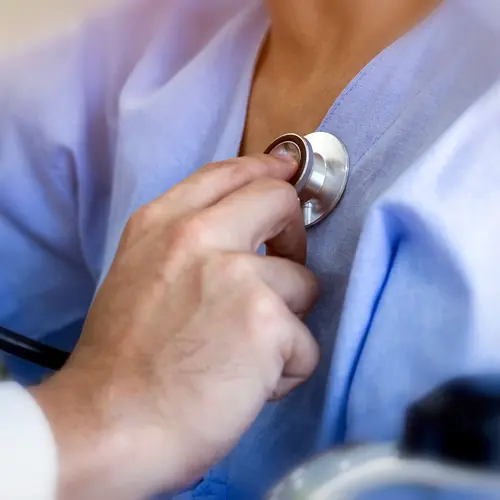A cardiac enzyme test is one tool doctors use to see if you’re having -- or already had -- a heart attack. You might also get the test if you have symptoms of a blockage in your heart’s arteries such as:
- Chest pain or pressure
- Dizziness
- Feeling very weak or tired
- Shortness of breath
- Sweating and cool, clammy skin
- Throwing up or feeling like you need to
Severe stress on the heart can damage its muscle. When that happens, your heart releases certain enzymes -- a kind of protein -- into your blood.
After a heart attack, the level of these enzymes can get pretty high. So checking them is a good way for your doctor to know something serious is going on.
A cardiac enzyme test does just that. Your doctor might want to measure your enzymes to figure out what’s happening with your heart.
Your doctor will most likely test for an enzyme called troponin. It goes into your blood soon after a heart attack. It stays at high levels even after other enzymes have gone back to normal.
What Happens During the Test?
It’s a lot like any other blood test.
Your doctor uses a thin needle to take a small amount of blood, most likely from your arm near your elbow. You’ll feel a pinch or sting when the needle goes in, but that’s usually all.
It only takes a few minutes. You can get your results quickly since these tests usually are urgent. Your doctor may do the same enzyme tests over time to see how your levels change.
What Do the Results Mean?
The cardiac enzyme test gives you a number measured in nanograms per milliliter (ng/ml). This tells your doctor how much of the enzyme is in your blood.
It can find even very small amounts. It takes 1 billion nanograms to make just 1 gram.
Labs test for enzymes in different ways, so what’s normal depends on where you had the test done. Your doctor can help you understand what your numbers mean. They’ll also give you a physical exam and look at other test results to get the full picture of what’s happened.
lf you had a heart attack, your doctor will talk to you about next steps, such as treatments, follow-up care, medicine, and lifestyle changes such as diet, exercise, and how to handle stress.

